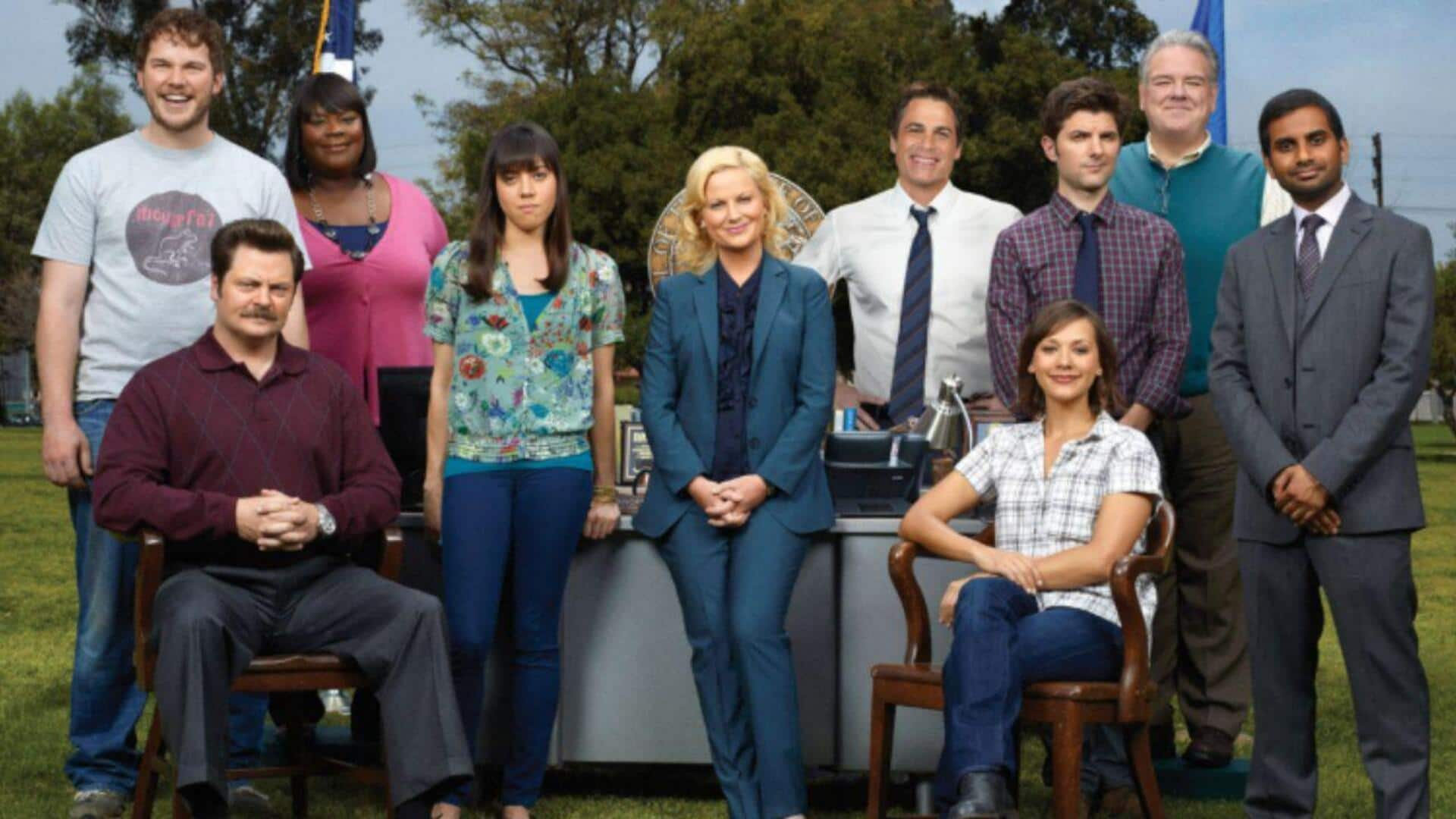
The biggest ways 'Parks and Recreation' misrepresents local government
What's the story
Parks and Recreation is a much-loved TV show that comically depicts the workings of local government. Although it makes for an entertaining watch, it frequently misrepresents the way local government actually operates. The show simplifies convoluted processes and exaggerates certain elements for humor. Here, we take a look at some inaccuracies shown in the series, revealing what actually happens behind the scenes in local government operations.
#1
Overemphasis on individual influence
One major difference between real-life local governments and Parks and Recreation is that individuals don't have so much control over decisions. Most local governments make decisions collaboratively, involving various stakeholders (committees, public consultations, etc.) This way, a larger section's opinion is taken into account before implementing policies/projects.
#2
Simplified budget processes
The show usually depicts budget discussions as swift and simple; however, in reality, budgeting is a difficult task that requires extensive analysis and negotiation. Local governments are required to juggle several priorities while complying with stringent financial laws. Budgeting necessitates meticulous planning to ensure money is distributed judiciously across departments.
#3
Exaggerated bureaucratic inefficiency
While Parks and Recreation shines a light on bureaucratic inefficiencies for the sake of comedy, it exaggerates more than the actual local government functions. Sure, bureaucracy can slow things down at times, but a majority of local governments make an effort to ensure the opposite. They develop streamlined processes and embrace technology solutions to enhance service delivery.
#4
Misrepresentation of public engagement
The series frequently portrays public meetings as chaotic gatherings led by eccentric personalities. However, in reality, public engagement is a well-organized affair where citizens are given an opportunity to constructively voice their opinions. Local governments employ several techniques—surveys, workshops, online forums, etc.—to get residents' feedback on pressing matters concerning their communities.